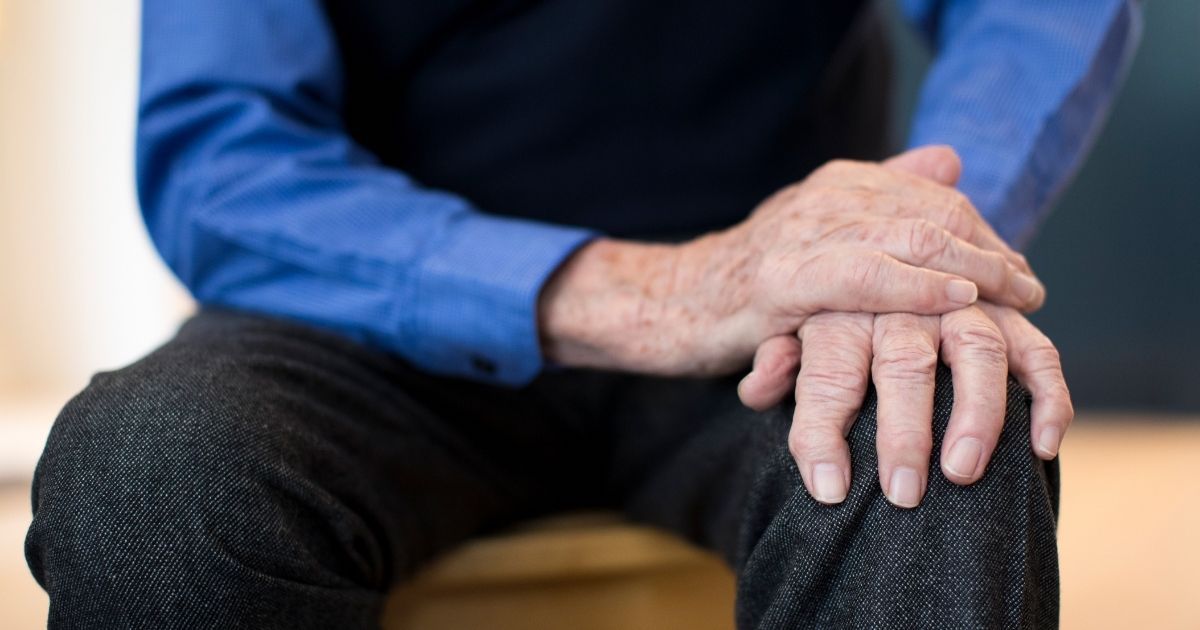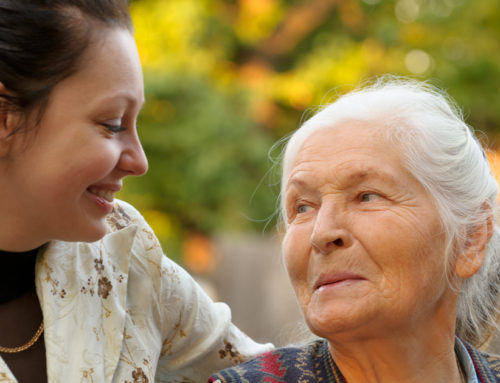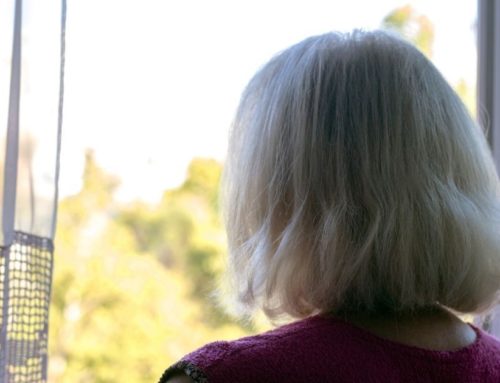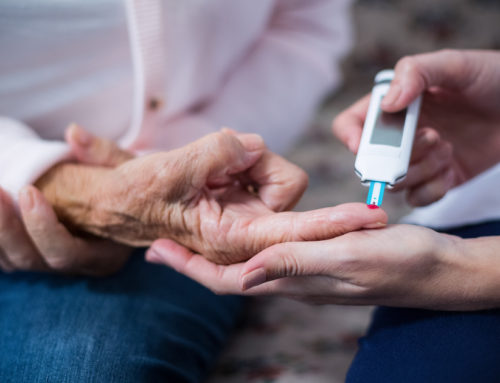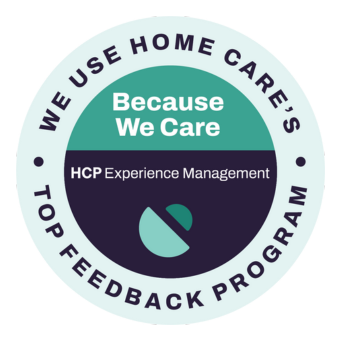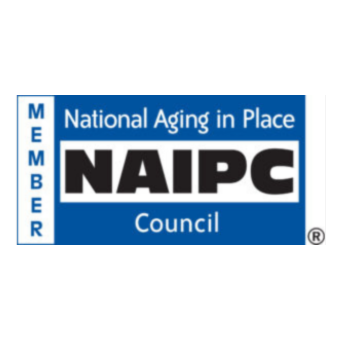Based on figures from the Parkinson’s Foundation (www.parkinsons.org), roughly 1 million people in the U.S. currently live with Parkinson’s disease. In addition, another 50,000 to 60,000 Americans are diagnosed with Parkinson’s each year; most of whom are over the age of 60. Unfortunately, Parkinson’s can be a very complicated disease to diagnose, with signs and symptoms that mimic those of other health conditions commonly found in the elderly. If you are currently caring for an aging-in-place loved one, here’s what to look for.
What is Parkinson’s?
Parkinson’s is a neurodegenerative disease that targets the dopamine-producing substantia nigra region of the brain. Scientists still don’t know what causes Parkinson’s or much about the disease itself other than the fact its symptoms develop slowly over several years, and that the disease’s progression varies from patient to patient.
There is also no known cure for Parkinson’s, although patients can enjoy a higher quality-of-life thanks to treatments including medications and surgery. And although Parkinson’s itself isn’t fatal, most patients eventually succumb to other diseases and physical disabilities that are made worse by the effects of Parkinson’s.
The 2 Main Types of Parkinson’s Symptoms
According to WebMD, Parkinson’s symptoms fall within two main categories based on how they alter a patient’s motor or non-motor skills:
Motor Skill-Related
The motor skill-related symptoms can further be broken down into 3 different stages: mild, moderate, or advanced:
Symptoms during the mild, or initial, stage typically include:
- Legs feel heavy
- Arms or legs get stiff
- Handwriting looks smaller
- Hard to make facial expressions
- Only one side of the body is affected
- Tremors
- Posture that’s slightly stooped
During Parkinson’s mild phase, the disease can usually be managed with medications.
During the moderate stage, which occurs between 3 and 7 years of disease onset, patients typically experience:
- Changes in speech patterns
- Trouble swallowing
- Sensation that their feet are “frozen” in place when they try to move
- Small, shuffling steps (gait)
- Poor balance and coordination
- Movements that are slow and methodical
- Parkinson’s medication “wears” off in-between doses
And finally, during the advanced stage (10+ years) these more serious motor skill complications arise:
- Patient is limited to a bed or wheelchair
- Severe posture problems in the neck, hips and back
- Assistance is required for activities of daily living
- Medications don’t work
Unfortunately, many Parkinson’s patients never reach the advanced stage due to complications and disabilities.
Non-Motor Skill-Related
Nearly every person who gets Parkinson’s experiences at least one of these non-motor skill-related symptoms, and the level of severity differs from patient to patient. The following symptoms can show up at any point during the disease’s progression, including well before any motor skill symptoms present:
- Constipation
- Loss of smell
- Pain
- Trouble sleeping
- Depression
- Blood pressure drops when standing up
- Forgetfulness and a shorter attention span
- Drooling
- Urgency to urinate
If a Parkinson’s patient lives long enough, they can also end up with dementia and psychosis.
Caring for Someone with Parkinson’s
As a Parkinson’s patient progresses through the stages of the disease, the daily caregiving requirements that are required also become more and more challenging. Naturally, many families try to care for a loved one with Parkinson’s for as long as possible, but eventually, the daily commitment involved becomes overwhelming. When your loved one has reached that point, another option you have is to hire a highly trained caregiver from a licensed home care agency to fill in.
Compassionate In-Home Care for Seniors with Parkinson’s
Caring for an aging-in-place loved one with Parkinson’s is highly rewarding, but it can also be very challenging and frustrating. When you need a hand, contact HomeChoice Home Care Solutions. Our highly trained and thoroughly screened caregivers can provide your senior with the compassionate care they deserve so they can continue aging comfortably in place right where they want to be.
We deliver family trusted services such as light housework, personal hygiene, medication reminders, meals, transportation, and companionship. Our caregivers can also provide 24-hour and couples care, and you can personalize all our amenities into an affordable package based on your budget. To learn more about HomeChoice Home Care Solutions now, or to schedule a FREE, in-home consultation for a senior, today, please call or visit us online!
